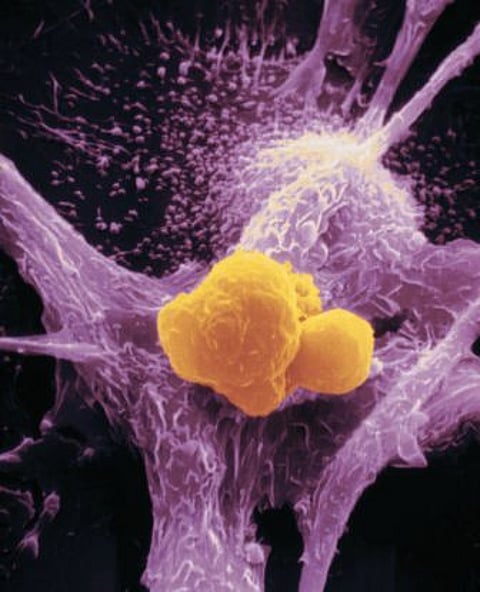Sharjah boy conquers autism with new therapy
Child is one of 3,000 worldwide treated with GcMAF protein
Last updated:
4 MIN READ

Dose of relief
Starting point
Next month, Dr Bradstreet will be a keynote speaker at the GcMAF Immunology Conference in Dubai, held between December 6 and 7. He tells GN Focus, "I will present our evidence on what causes the symptoms we label autism." He will also talk about his first peer-reviewed research paper on the efficacy of GcMAF on autism. He says, "GcMAF is a potent tool that when properly applied has the capacity to do some amazing things and we are only beginning to understand its healing capacity."
Related Topics:
Sign up for the Daily Briefing
Get the latest news and updates straight to your inbox
Up Next



